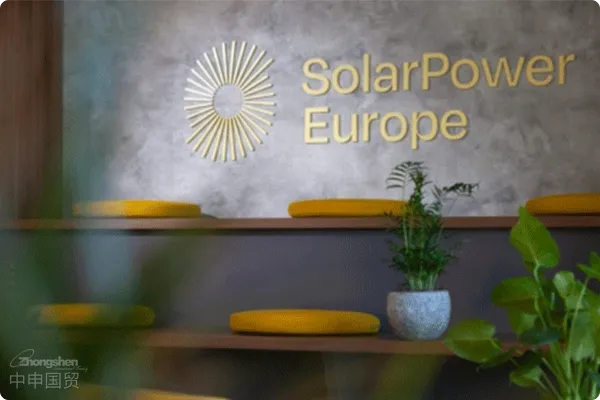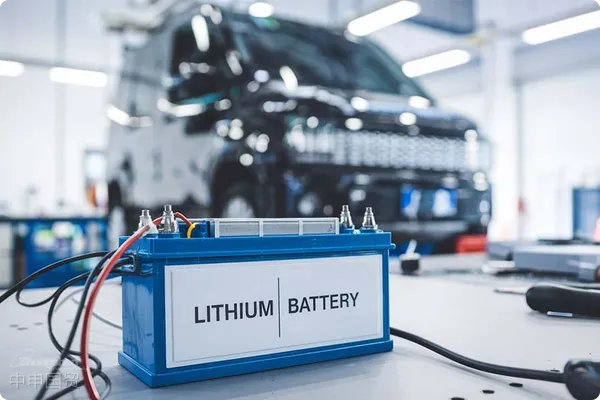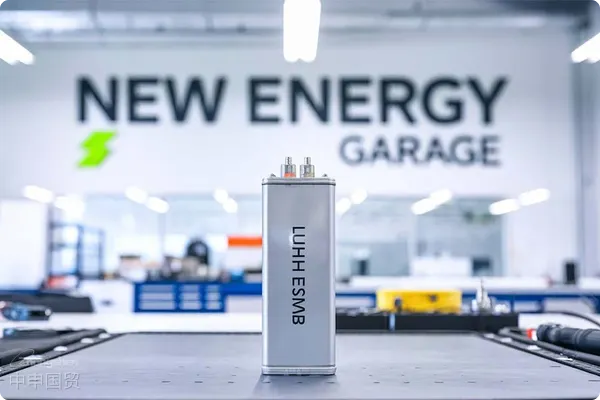- Shanghai Zhongshen International Trade Co., Ltd. - Two decades of trade agency expertise.
- Service Hotline: 139 1787 2118
In the context of Germany (Energiewende), the term energy transition is not only the direction of policy, but also a national strategy. In Germany, the largest economy in Europe,photovoltaicproducts have always been an important part of this strategy. And the latest news shows that the German government is considering setting up trade barriers againstsolarcomponents and power - generation equipment imported from China to Europe, which undoubtedly throws a bomb that shakes the international energy and trade fields.
I. The Lurking of Trade Barriers
According to the data of the International Renewable Energy Agency (IRENA), in 2019, the export value of Chinas photovoltaic modules reached 30 billion US dollars, accounting for 32% of the global market share. Against this background, a large number of cheap products from Chinese manufacturers entered the European market, especially Germany, which is a double - edged sword - on the one hand, it reduces the construction cost of solar projects, on the other hand, it also brings huge competitive pressure to local manufacturers.
Chinese manufacturers, through cost compression and mass production, have provided a vast amount of photovoltaic products to the global market. Dr. Claudia Kemfert, a professor of energy economics from the Free University of Berlin, pointed out, This has, to a certain extent, promoted the popularization of global solar power, but at the same time, it has posed huge pressure on European local manufacturers.,
II. Chinas Photovoltaic Market Strategy
The market strategies of Chinese photovoltaic manufacturers usually center around high efficiency and low cost. Solar modules from China, due to their advantages in price and efficiency, hold an important share in the global market. According to a report by the International Solar Energy Association (ISA), China accounts for nearly 70% of the total global solar installed capacity.
III. Seeking Change: The Appeal of the European Solar Energy Association
SolarPower Europe的总裁Aristotelis Chantavas在一次会议上明确表示:”我们必须在保护本土产业和保持市场开放之间找到平衡点。我们需要一个多元化、可持续的供应链,而不是一个封闭的市场。”

IV. Future Direction: The Crossroads of Protectionism and Globalization
At the crossroads of globalization and protectionism, how Germany chooses will determine its position in the global photovoltaic industry chain. Between protectionism and globalization, every country will make a trade - off based on its own national conditions and industrial development. Energy analyst Dr. Johannes Teyssen said, For Germany, while promoting the green energy transition, it must also consider protecting the development of its local industries and employment.,
As an important engine of the European economy, the strategies Germany adopts when dealing with the competitive relationship with Chinese photovoltaic manufacturers will affect the development of the photovoltaic industry in the whole of Europe and even globally. Against the backdrop of globalization and protectionism, this topic undoubtedly deserves the continuous attention of all those who are concerned about renewable energy and international trade.
Related Recommendations
Category case
Contact Us
Email: service@sh-zhongshen.com
Related Recommendations
Contact via WeChat

© 2025. All Rights Reserved.沪ICP备2023007705号-2 PSB Record: Shanghai No.31011502009912
PSB Record: Shanghai No.31011502009912








